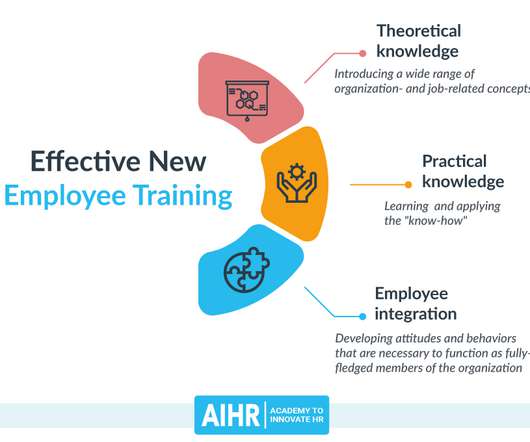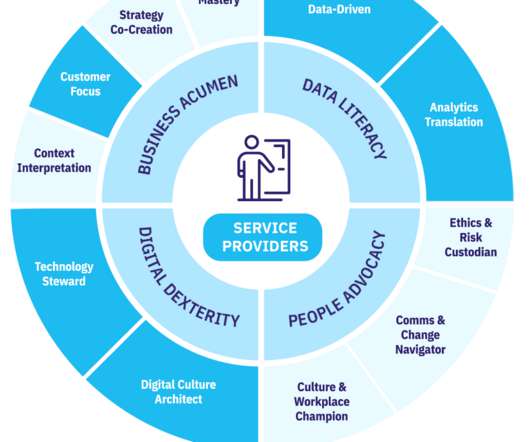Human Resources Director: Job Description, Skills & Salary
Analytics in HR
OCTOBER 10, 2023
Education In addition to a relevant Bachelor’s degree (HR, business management, organizational development, psychology), most employers prefer HR Director candidates to have a Master’s degree in Human Resources, Business Administration, or Labor Relations. An MBA in Human Resources would be an advantage. •
















Let's personalize your content